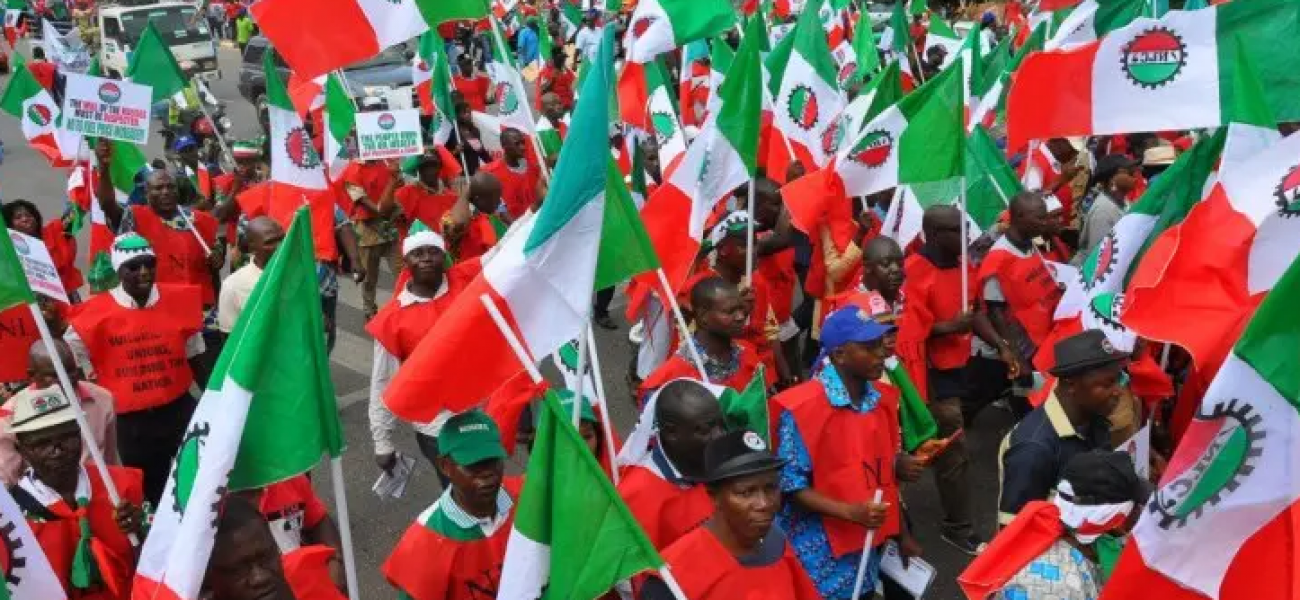The Nigeria Labour Congress (NLC) and its counterpart, the Trade Union Congress (TUC) finally decided to wade into the current crisis in the country that has seen Nigerians unable to access cash from the banks. The Central Bank of Nigeria (CBN), had in October 2022 announced the ‘redesign’ of the national currency denominations of N200, N500 and N1,000. This policy which some described as really recolouring of these denominations of naira notes has created incredible hardship and pain in the country due to the scarcity of the redesigned notes. It has also led to loss of jobs and crumbled several retail businesses and low-income jobs. NLC proposed to commence a strike on March 29 to protest against the hardship caused by the naira scarcity crisis. It issued a 7-day ultimatum to the Federal Government on March 13, to make naira notes available to Nigerians, or risk a strike action. It will be recalled that the Supreme Court recently delivered a decision ordering CBN to put the old naira notes into circulation, as they will remain legal tender and co-exist with the new naira notes until the end of year. The past week saw the CBN making arrangements to commence circulation of old N200, N500 and N1,000 naira notes that had earlier been withdrawn from circulation. It directed commercial banks to open over the weekend on March 25 – 26, to enable their customers deposit and withdraw cash, including the old naira notes.
In a bid to address the planned strike by the NLC, Labour and Employment Minister, Chris Ngige, held a meeting on March 27 with CBN Governor, Godwin Emefiele and the NLC President, Sunday Ajaero. Following the meeting of the National Executive Council of NLC on March 28, the union noted that there was some improvement in the scarcity of naira notes situation. For this reason, it suspended the proposed strike action, adding that it would monitor the availability of cash in commercial banks for the next two weeks. Their next line of action will be informed by their findings within this two-week period.

